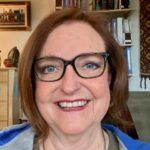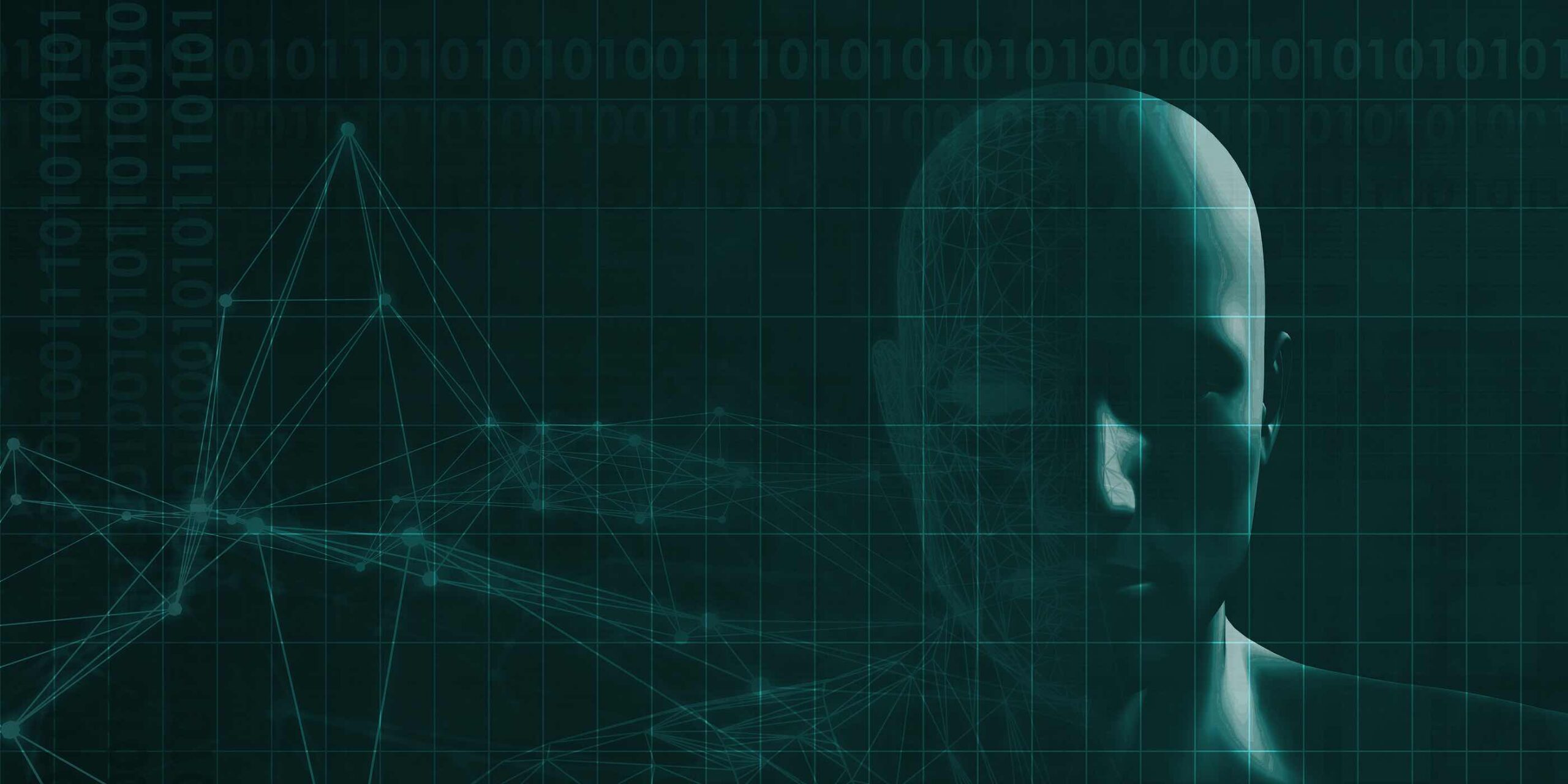“The successes and failures of organizations worldwide significantly parallel the way natural biological systems thrive or fail.”
Marguerite M. Callaway[1]
The genesis for our leadership development framework is my life’s work: helping
leaders and their organizations cultivate inherent capabilities and develop new ones. It’s work I love and find deeply satisfying. During more than four decades I’ve worked with leaders and their teams in diverse cultural settings, in large corporations, in large and small non-profits (NGOs) and even governmental agencies. I’ve captured relevant insights about effective (and ineffective) leadership. My participation and observations in varied real-life leadership challenges have been bolstered by my in-depth evaluation of what we know about leadership, human motivation in life and work settings, and principles of living systems.
At the outset of this related series of blogs, it’s important to clarify what I mean about the term ‘leader’. I’ve had the privilege to work with:
Throughout human history, you will find leaders in families, communities, businesses, NGOs, governments and even countries. They are men and women who have the courage and passion to undertake activities, processes, and initiatives that will result in improved outcomes for those they serve. Most importantly, they have a commitment to strengthen existing skills/perspectives, and develop new ones.
Global events happening almost daily reveal new conditions and new requirements for 21st Century leaders. Over the next several weeks, I will share my current understanding of what is different today, which I hope makes a positive contribution to emerging theories of business, organizational change and leadership.
A More Inclusive View of Reality: Part I
Economic Models are Not Enough
Although quite dominant today, a purely economic framework, which is historically mechanistic in nature, is too limited a perspective to accurately describe the behavior of successful companies and the people leading and working in them. Other perspectives are needed to reflect the real business environment, the experience of successful businesses, and most importantly, to offer useful guidelines for business formation, operations, and essential adaptation to a dynamic environment. Fortunately, other perspectives have emerged in the late 20th century that provide a much more accurate reflection of reality.
Economy as Machine. This mechanistically-based viewpoint has its roots in the theories of 17th Century French philosopher, Rene Descartes (1596-1650), and mathematician Isaac Newton (1643-1727). Their underlying beliefs were that all phenomena in nature are purely physical and deterministic.[2] This world view dominated our understanding of reality for the past four centuries. Economic theories that evolved from these beliefs see the economy as a machine. This viewpoint can still be found in the metaphors in today’s business language: ‘The Engine of progress’; ‘We must jump-start the economy’; ‘We face an inevitable ‘economic slow-down.’ Underpinning this model are assumptions that time is constant, only one variable at a time changes, and interactions go in one direction.
Economy as Ecosystem. Fortunately, we’ve expanded our understanding about reality, economics, and business. In his 1990 ground-breaking book Bionomics[3]: Economy as Ecosystem[4] contemporary philosopher and economist Michael Rothchild presents a very different framework: economy as ecosystem. This framework reflects the characteristics of dynamic living systems where adaptive learning takes place through feedback loops; where mutually beneficial relationships support cooperation as well as competition; where diversity promotes interdependence. Within this framework, evolution and innovation becomes possible.
Personal Reflection: Unfortunately, these outmoded metaphors still hang around.
As you go about your life this next week, observe the language used to describe economic events activity. Are the terms used static/mechanistic or more dynamic?
Linear Causality Cannot Explain All Interactions
While Western culture has developed its understanding of how the world works primarily using a linear model of causal relationships, a growing body of scientific evidence supports the additional presence of synchronicity: the simultaneous occurrence of events which appear meaningfully related but have no discoverable causal connection. Synchronistic events happen in the physical world, in all human relationships, and all human endeavors. Often these events coming ‘out of the blue’ have a dramatic impact on one’s life, relationships, and career.
For example, in 2005, I had just sent my book designer my last two case studies for my book on new business start-ups. The book was done. I planned to move to another city before getting back into my consulting practice. ‘Out of the blue’ I got a phone call from a professional colleague I’d not been in touch with for 2 years. He asked if I could step in and take over a course he was scheduled to teach in South Africa. (He had just accepted a full-time position that started the first week he was scheduled to teach.) After thinking it over, and recognizing I could postpone my move by a month, I said yes. The rest, they say, is history. I’ve been teaching/working/consulting in 11 African countries for the past 17 yrs. It had never been in my plan to travel/work in Africa. That phone call, and my subsequent decision to accept the assignment, forever changed my work and my life. My life is so much richer with global projects, experiences, professional relationships and deep friendships.
In his seminal 2014 book Synchronicity: The Marriage of Matter & Psyche[5], theoretical physicist, philosopher and author F. David Peat (1938-2017), synthesized his writings on superstrings, chaos theory, Native American science, synchronicity, and reality. He brings to life the profound connection between a contemporary psychoanalyst and a physicist. Carl Jung (1875-1961), the founder of Jungian psychology, focused on bringing a balance between the conscious and unconscious mind; he also introduced the concept of a ‘collective unconscious’ that influences group thinking/behavior/beliefs. His contemporary, world-renown physicist Wolfgang Ernst Pauli (1900-1958), pioneered the field of quantum physics and whose work received a Nobel Prize in 1945. Peat offers a description of how society and organizations can be transformed through creative change that utilizes both linear causality and synchronicity.
Personal Reflection: Both linear causality and synchronicity have a role to play in company formation, ongoing operations and essential adaptation. I’ll share a personal example. Think back to two important events in your work or your life that had a significant positive impact. Did these events come ‘out of the blue’ or the result of linear planning?
[1] From: Effective 21st Century Leadership: The Seven Aspirations Ó Marguerite M. Callaway (2008)
[2] From: 2-The mechanistic view of life. Published online by Cambridge University Press, 05 April 2014
[3] The term ‘bionomics’ is derived from the comprehensive study of an organism and its relation to its environment.
[4] Bionomics: Economy as Ecosystem, Ó Michael Rothchild, (1990) Henry Holt and Co. Inc. NYC, USA
[5] Synchronicity: The Marriage of Matter & Psyche Ó F. David Peat. (2014) Pari Publishing, SAS, Pari, Italy

